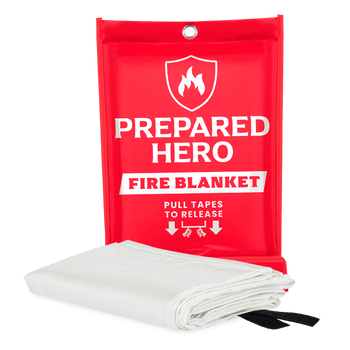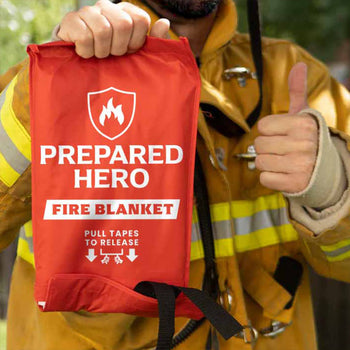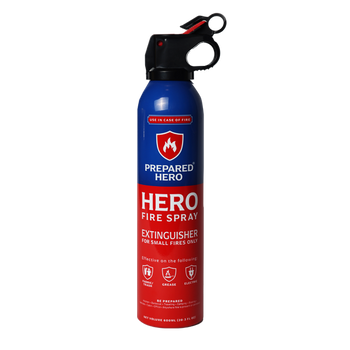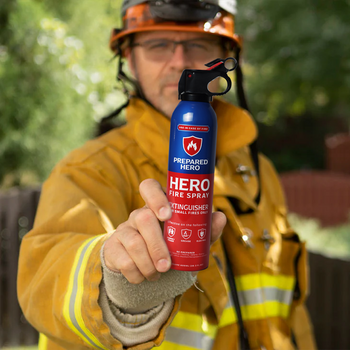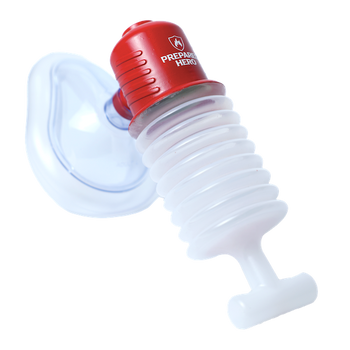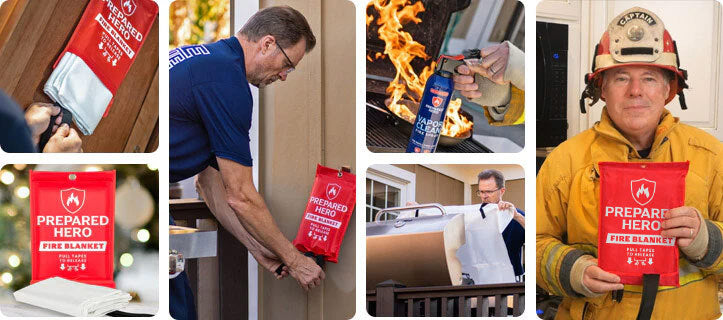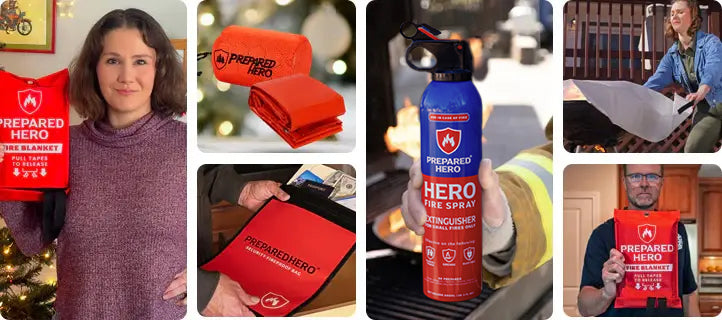Space blankets may look like simple shiny sheets, but they’re useful. First introduced by NASA (National Aeronautics and Space Administration),...
Retired Fire Captain reveals his top advice for homeowners…
During my 25 years of fighting house fires, I’ve noticed that homes are burning up more rapidly than ever before.

Rapidly accelerating fires are a real thing because of today's modern building construction. They use more plastics and adhesives than ever before which are incredibly flammable.
Studies prove a whole room can reach ‘flashover,’ a condition where all contents reach their ignition temperatures simultaneously, in only about 3 minutes. That’s only 180 seconds, and barely gives anyone time to get out.
These situations create firefighter killers
And while they’re trained and prepared for this kind of thing, NO ONE wants to be caught in a flashover.
The average Fire Department takes about 4 minutes to respond to a call. If there’s a fire in your home, you need to get out as quickly as possible.
By the time the Fire Department arrives, it will often be too late to save your home. Saving yourself and your loved ones is most important, but it is disturbing to see the place you loved smoldering into ashes on the ground.
It’s a major tragedy. When people see their home burn down, along with everything they own inside of it, it's often traumatic and emotionally damaging.
That’s why many experts suggest not going back to the scene afterwards and definitely not going inside. All those family photos, meaningful treasures, and belongings are gone. All the happy memories you created there hang in the smoky air.
Stopping a small fire before it gets out of control is essential to preventing disaster.
And every fire starts small…
I can’t stress this enough, prevention is the key to minimizing total devastation of your home. Practicing safe habits can prevent many of the fires we see today.
What can you do to prevent fires in your home?
There are a few things that can help you avoid this kind of catastrophe.
For one, pay attention when cooking in your kitchen. Being present and watching what you’re doing will ensure you catch a small fire before it envelopes your entire kitchen.
Flammable items should always be properly stored. Keep them away from heat sources where they can ignite.
If you smoke in your home, you should always make sure you extinguish your cigarettes.
And make sure you annually inspect your home for those easy to forget areas that could start a major house fire. Electrical wiring can fray in time or become damaged by pests. If lights flicker in your home or your breakers are always blowing, have a professional inspection.
Take care of your chimney and make sure it’s cleaned. When using it in cold weather, use a screen to keep embers from popping out and setting your living space on fire.
One of the most common places house fires start up is in the laundry room. Cleaning your lint trap after your dryer completes each load is important. However, most people don’t know they should be having that outside vent cleaned yearly. Build up in there can torch your home right down to the foundation.
In addition to prevention, you should have fire safety tools in your home. Smoke detectors and carbon monoxide monitors can be the first alert that gets you and your family out in enough time.
Putting fire extinguishers in accessible places is another great idea. But don’t just leave them there. They will need to be tested in intervals to ensure they’re still effective.
In fact, I’d go one better than that. I want to show you the exact Fire Safety Device that I use in my home and that I recommend to every homeowner.

Don’t be caught without it.
There is a good reason why many Fire Departments, Firefighters, and I, a 25-year Firefighting veteran, recommend this Fire Safety Device. It has the potential to save lives. It could potentially save yours.


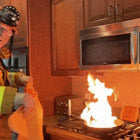 Fire
Fire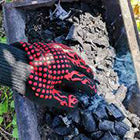 Safety
Safety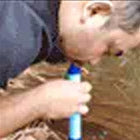 Survival
Survival Protection
Protection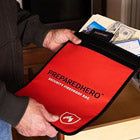 New
New
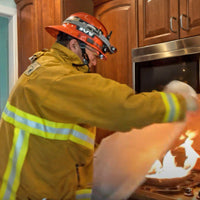 Fire
Fire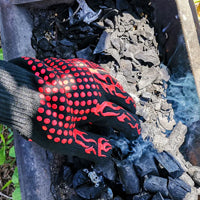 Safety
Safety Survival
Survival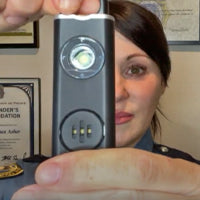 Protection
Protection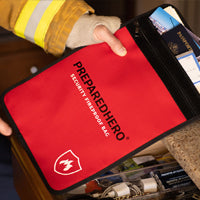 New
New